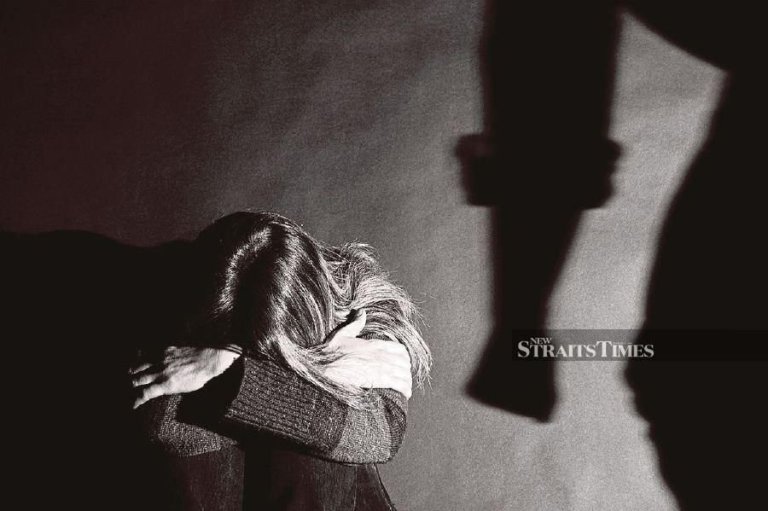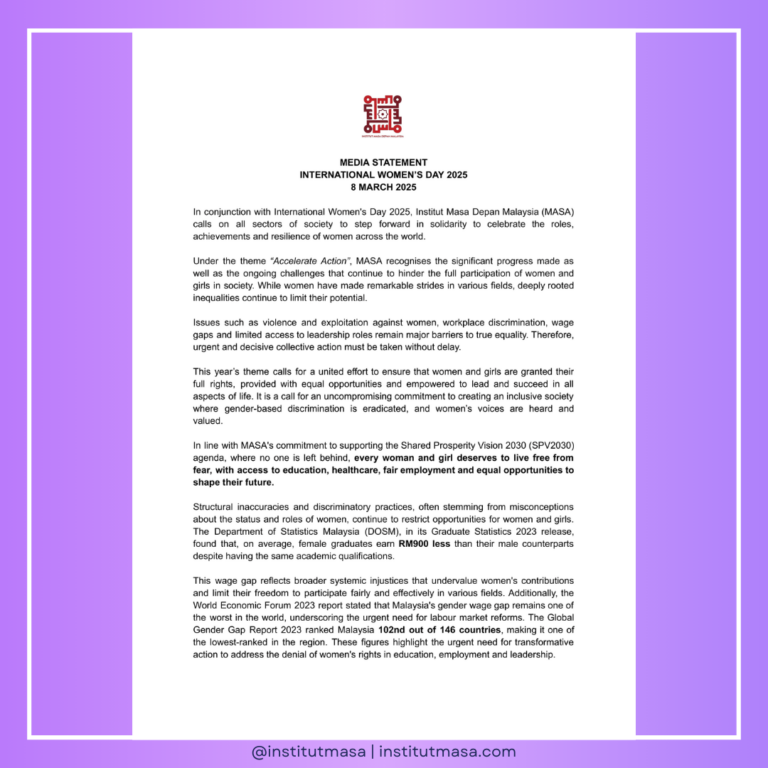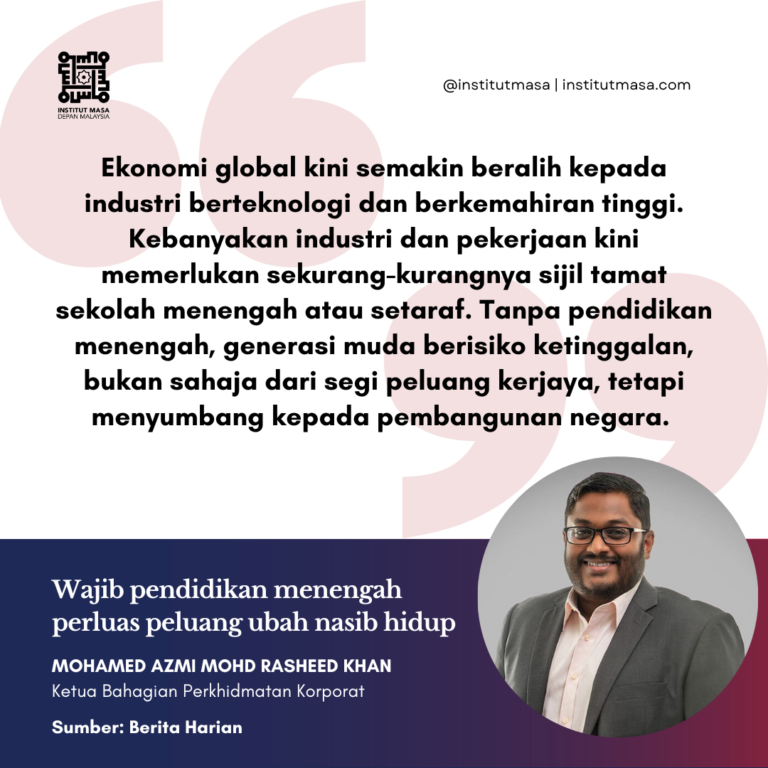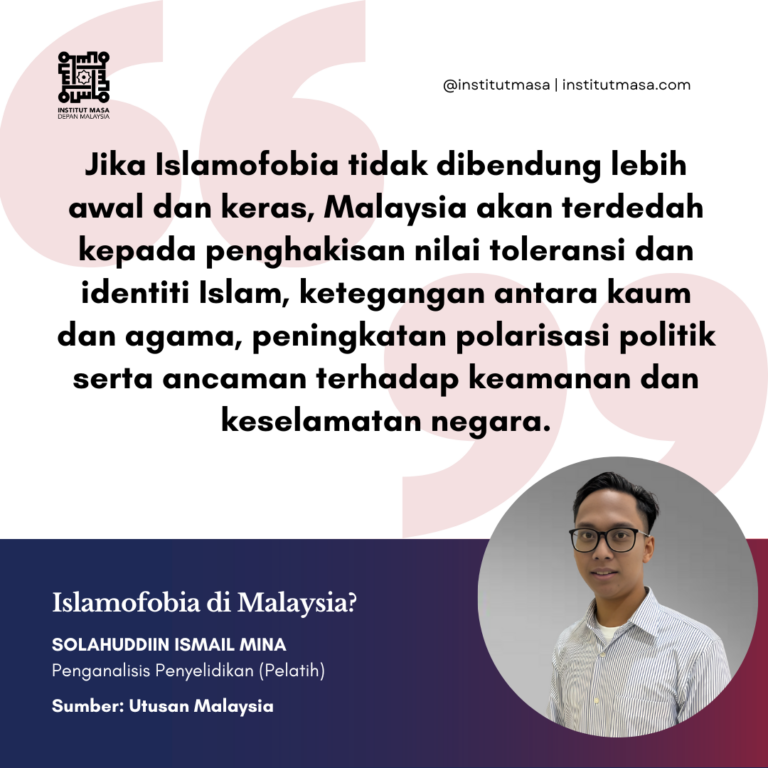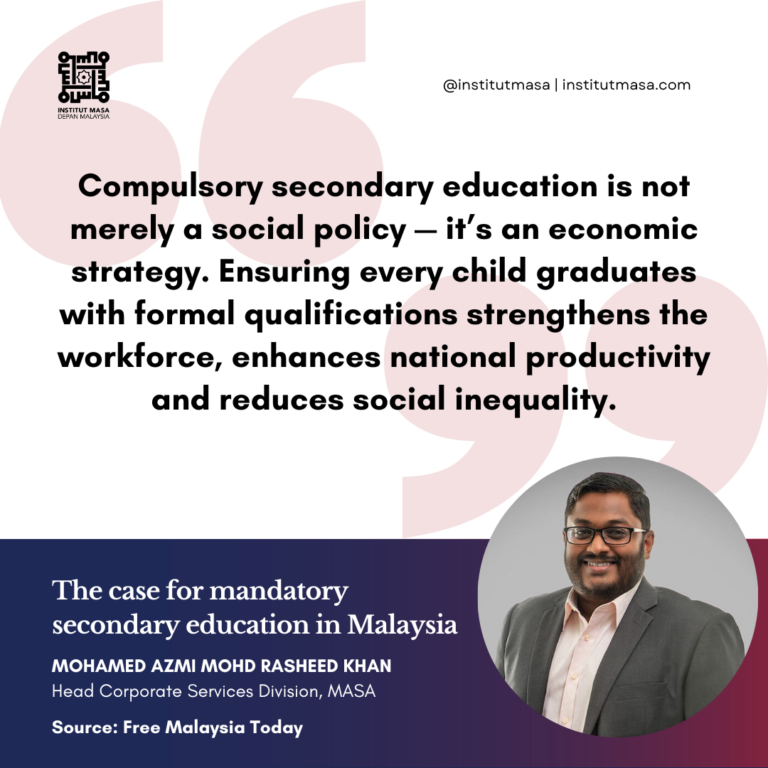Today marks an important day for women – the International Day for the Elimination of Violence against Women. It also marks the direction and future without violence, hopefully, against the lesser gender and their rights.
As in previous years, this day sees the launch of 16 days of activism to be concluded on the 10th December 2020 in commemoration of the International Human Rights Day – the day that recalls the need to prevent and stop pervasive, gender-based violence, which inevitably is increasing in numbers the world over and highlights on the intrusion of human rights, too.
Globally, women represent 70 per cent of the total social and health workforce, including as frontline healthcare workers.
This past almost two years since the outbreak of Covid-19 hitting Malaysia’s shores early last year has, unfortunately, seen a soaring increase in domestic violence, a resurgence, made worse with extended lockdowns as part of the measures by the government to combat the pandemic.
The resurgence in cases due to the pandemic saw soaring figures of more than 9,000 as revealed by Women, Family and Community Development Minister, Datuk Seri Rina Harun, based on the number of police reports lodged on domestic violence since the movement control order started last year.
What do we do to end violence against women? The United Nations reports, among other things, stated that one in three women worldwide experiences physical or sexual violence, primarily by intimate partners.
Women face alarming trends, with the UN Women noted that they experienced some forms of violence since the pandemic, and surprisingly only one out of 10 were willing to seek assistance from the police.
Domestically, women made up 15.89 million of the population in Malaysia (106 males per 100 females). From 2000 to 2018, statistics by the relevant authorities showed a total of 153,507 cases recorded, including domestic violence, rape, incest, abuse of domestic workers, child abuse, the outrage of modesty (molestation) and sexual violence.
In the same corresponding period, a total of 73,123 cases of domestic violence against women (VAW) were recorded, with those aged 26 to 35 being the highest segment of perpetrators.
A worrying display of trend in VAW indicates that 53.3 per cent of respondents in a survey it conducted believed that stress and frustration were the causes of domestic violence, and that it was a normal reaction.
Some 43 per cent believed that women potentially sparked men’s violent behavior. The survey further stated that 51.3 per cent believed that sexual crimes occurred because of how women dressed. On the bright side, 70.3 per cent of 1,000 respondents were firmly against child marriages.
According to the World Health Organization (WHO), the implications of violence on women will bear severe negative chain of consequences. Firstly, it affects their health, physically and mentally while their children (higher rates of infant and child mortality and morbidity) will experience violence later in life.
Given the context of frequent abuse, women and children inevitably face social stigma or isolation and economic dimensions, with their inability to work and limited ability to provide for the needs of their children. Violence may physically scar women and children, and the invisible scar is potentially causing prolonged traumatic disorder, post-traumatic stress disorder or PTSD.
Malaysia’s progress depends on how safe and dynamic our environments are for women and children. They are the backbone of our country, not just carers at home and their contributions in many significant factors to drive Malaysia to become a robust nation post pandemic, must be outlined holistically to safeguard their rights and lives.
Everyone has their dreams and ambitions on how a country can move forward. We can’t anymore let damaging surroundings environments and make women and children forget their goals. As Eleanor Roosevelt once said, “the future belongs to those who believe in the beauty of their dreams.”
The present government’s initiative of “Keluarga Malaysia,” touted to be inclusive, must be able to provide women and young girls alike with safe, peaceful and harmonious space for the good of all. Don’t put them at greater risk than ever before.
Against the backdrop of tough, difficult Covid-19 time, innovative actions and measures must take centre stage and be the highlight of all domestic and national response plans.
To name a few, initiatives and campaigns to scale up support to civil society organisations and non-governmental organizations (NGOs) sheltering victims of abuse and domestic violence, must be complemented with other form of core support to prove that we remain committed in protecting and supporting women, wherever they are.
The presence of gender bias also highlights the importance of continuing developing methods and measures to strengthen evidence-based crime prevention and criminal justice responses to end violence against women.
* The writer is researcher at Institut Masa Depan Malaysia
Date: 25 November 2021
Source: New Straits Times – https://www.nst.com.my/opinion/columnists/2021/11/748670/
Image from: https://assets.nst.com.my/images/articles/154902161_1637825658.jpg
